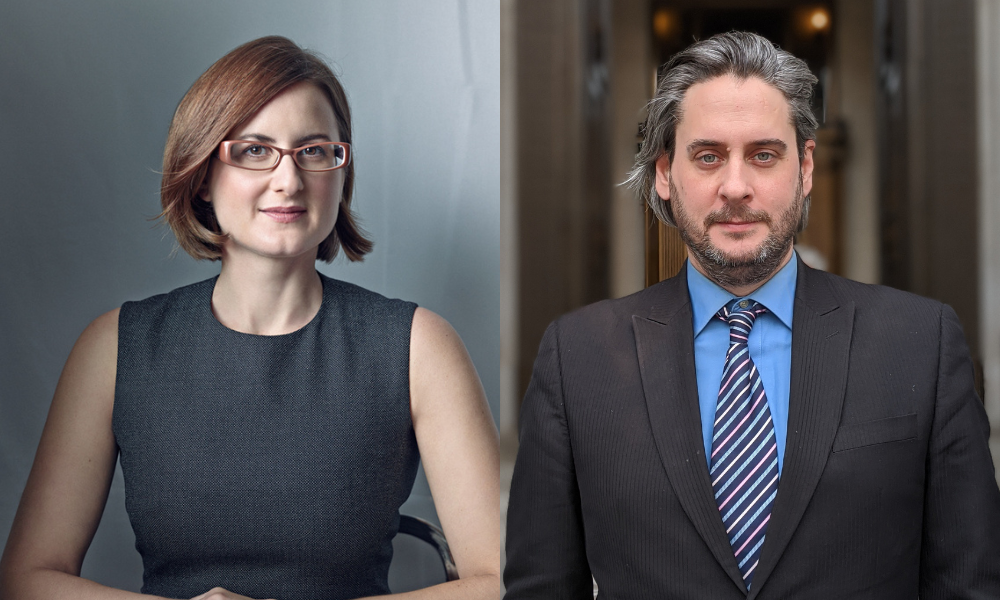
Court finds retrials will be assessed for delay according to the limits established in R. v. Jordan

The Supreme Court of Canada has ruled on whether, after a court orders a retrial, an accused can raise the issue of unreasonable trial delay based on the time elapsed during the first trial.
The court found that, other than in exceptional circumstances, the initial trial will not count toward the assessment of delay. Writing for the majority in an 8-1 decision, Chief Justice Richard Wagner said that an accused must raise the delay issue “in a timely manner,” which, “it is generally recognized,” does not include raising the issue after trial.
“Lateness in taking action impedes the proper administration of justice and contributes to maintaining inefficient practices that have a negative impact on the justice system and its limited resources, said Justice Wagner. “Bringing a motion in a retrial for a stay of proceedings based on first‑trial delay is contrary to the parties’ duty to take proactive measures and interferes with the proper administration of justice.”
In the 2016 SCC ruling in R. v. Jordan, the court set limits on trial delay after which the delay would infringe an accused’s s. 11(b) Charter right. Jordan established trial-delay ceilings of 18 months for Provincial Courts, and 30 months for Superior Courts or Provincial Court cases where there is a preliminary inquiry.
When an accused raises unreasonable delay after the court orders a retrial, the new trial will be subject to the Jordan ceilings and only the delay occurring in the new trial will be assessed for reasonableness, said Justice Wagner. An accused is not obligated to assert their s. 11(b) right “within a reasonable time” for that right to exist, but the right does not allow them to do nothing when they believe it is, or will be, infringed, he said.
“There has to be exceptional circumstances for the judge in the second trial to take into account the delay from the previous trial. If not, the clock restarts at zero,” says Diego Gramajo, who acted for J.F.
In dissent, Justice Suzanne Côté said she agreed with the primary principles of the majority’s analysis, but that J.F.’s was one of these exceptional cases. That is because J.F.’s first trial had concluded before the SCC rendered its decision in Jordan. He should not be faulted for “not acting in keeping with a culture shift that had not occurred at the time,” she said. Côté adds that J.F. had “a right to have the trial completed and to obtain an acquittal. Fighting to secure an acquittal is a right, not a strategy.”
Christine Mainville, partner at Henein Hutchison LLP, acted for Criminal Lawyers' Association of Ontario, which intervened in the case. The CLA’s position was that an accused suffers enhanced prejudice when being tried for a second time and this is through no fault of the accused because retrials typically occur due to a legal error, she says. Mainville spoke with Canadian Lawyer before the SCC released the decision.
“It would follow that the fact that the system was not able to bring their case to conclusion without a second trial – and that's additional delay and additional prejudice – it should be taken into account when assessing an unreasonable delay application.”
After being charged with multiple sexual offences against his daughter in 2011, J.F. stood trial in the Court of Quebec in December 2013, following a preliminary inquiry. The trial concluded in May 2016 and while the court reserved judgment, the SCC rendered its decision in Jordan.
In February 2017 – six years after he was charged – the court acquitted J.F. on all counts. The next year, the Court of Appeal set aside the acquittals and ordered a new trial, after which J.F. filed the s. 11(b) motion. Combining the delay from both the initial trial and retrial, the court entered a stay. The Crown brought an appeal, which the Court of Appeal dismissed.
The SCC allowed the Crown’s appeal, set the stay of proceedings aside, and sent the case to another Court of Quebec judge to continue the trial.